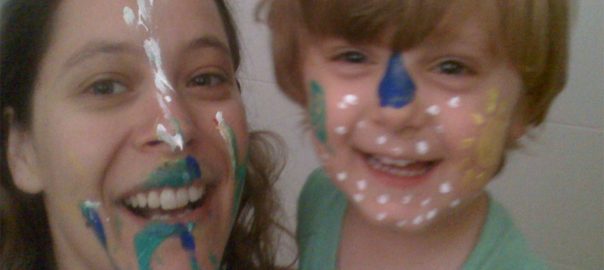What is reflective practice, and why is it important?
According to the Victorian Early Years Learning and Development Framework (p.14) section on reflective practice:
“Children’s learning and development is advanced when they experience interactions with highly effective early childhood professionals. Early childhood professionals become more effective through critical reflection and a strong culture of professional enquiry. Early childhood professionals:
- gather information that supports, informs, assesses and enriches decision making about appropriate professional practices
- continually develop their professional knowledge and skills to enable them to provide the best possible learning and development opportunities for all children
- promote practices that have been shown to be successful in supporting children’s learning and development
- use evidence to inform planning for early childhood experiences and practice
- challenge and change some practices.”
As early childhood professionals, we spend so much time with our heads in the theory. But theory, and best intentions, often don’t readily translate into highly skilled practice. The best early years training courses I have attended used videos of adult-child interactions, or actually brought children into the room for live engagement, so that the trainee educators could learn from concrete modelling.
We put so much emphasis on our young learners’ need for demonstration, for behavioural leadership, for tactile, firsthand experiences, etc, but then we send educators off to PD courses, tell them (rather than show them) what to do in a few short hours, and expect them to go back and immediately apply the techniques with fidelity in the workplace. Everything we know about the science of learning tells us that this is not going to happen! The content on this page aims to show you examples of effective and not-so-effective adult-child literacy and learning interactions, to hasten and enrich your learning journey as professional educators.
The reflective practice videos in production contain:
- A critical evaluation of responsive literacy engagement successes and failures, using three sources:
- footage of best practice literacy interactions with my son throughout his childhood,
- footage of “what not to do” literacy interactions—or missed opportunities—with my son throughout his childhood, and
- excerpts from early childhood science presentations, which put Noah and my interactions into theoretical context.
Stay tuned for the produced documentaries. Below is a teaser of some of the source material, for you to critique independently, in the meantime. What works and what doesn’t? What motivates my son and what doesn’t? When do I receive and respond to his cues, and when do I miss them? How does that affect his motivation and attention? There are many missed opportunities in these videos, not to mention things I would like to change (like instances of fixed rather than growth mindset language).
